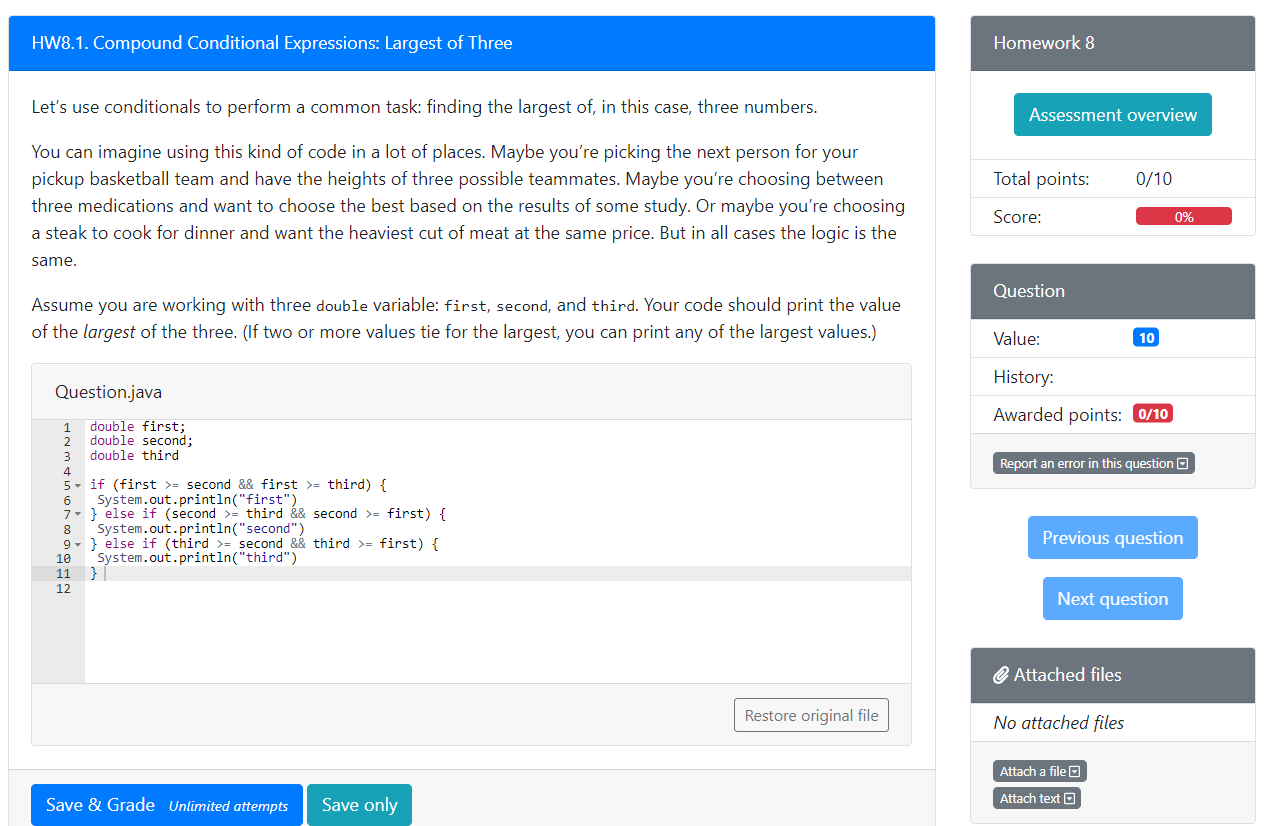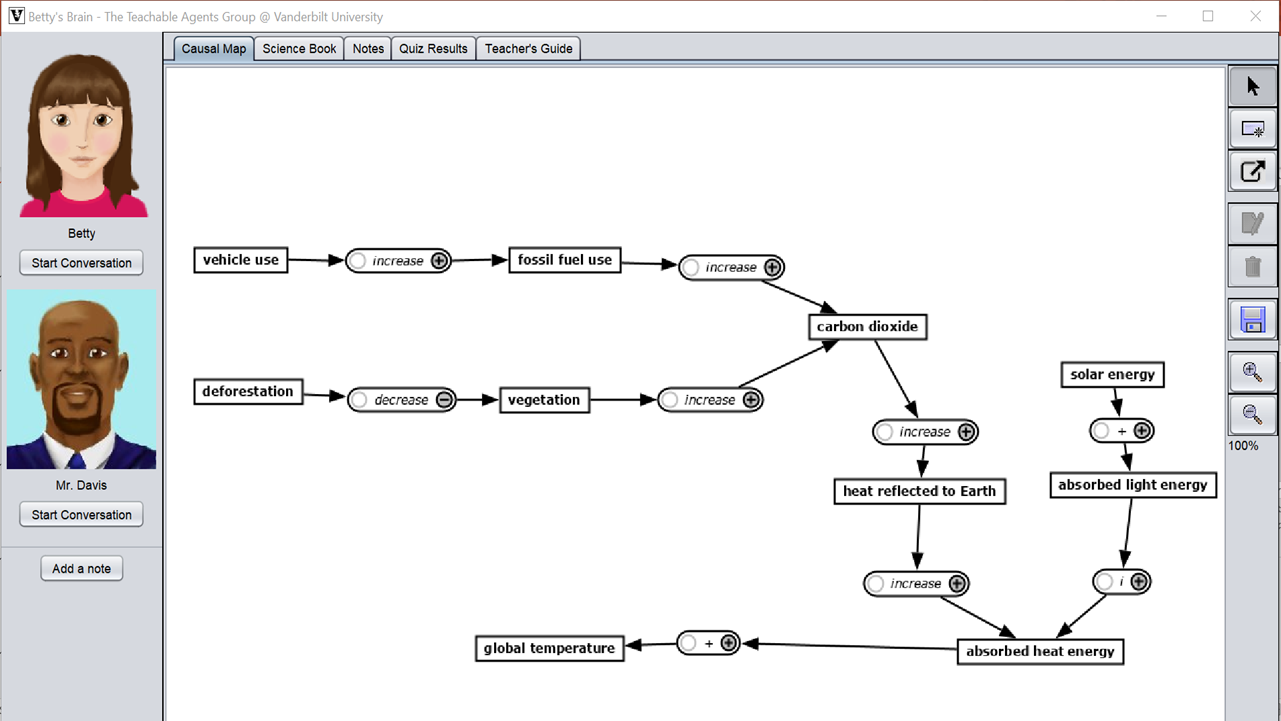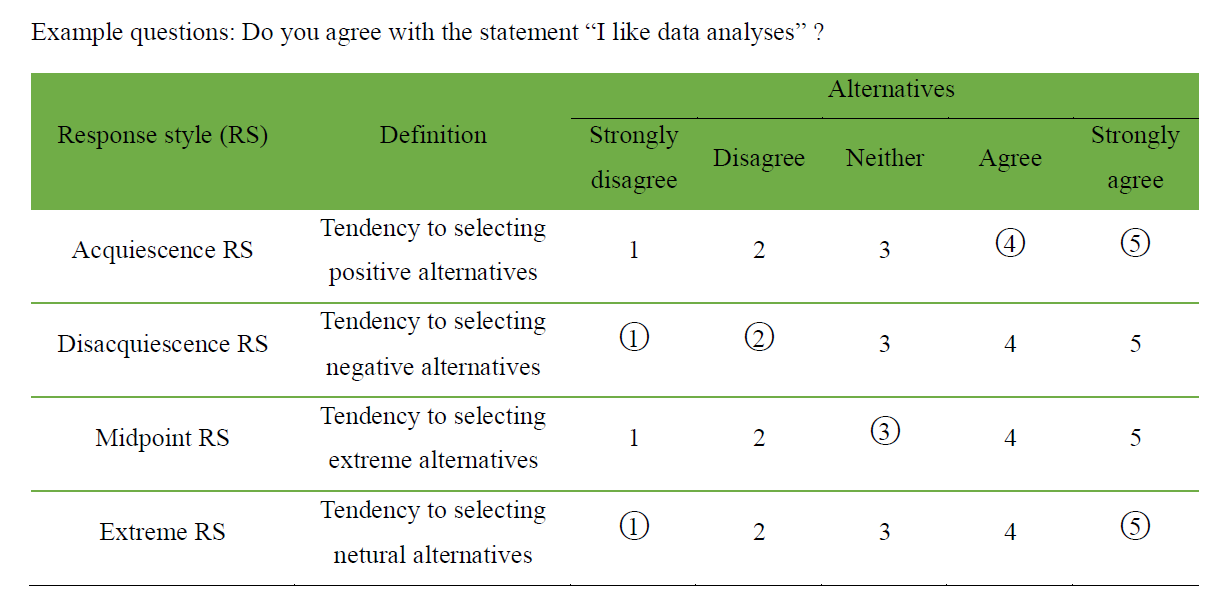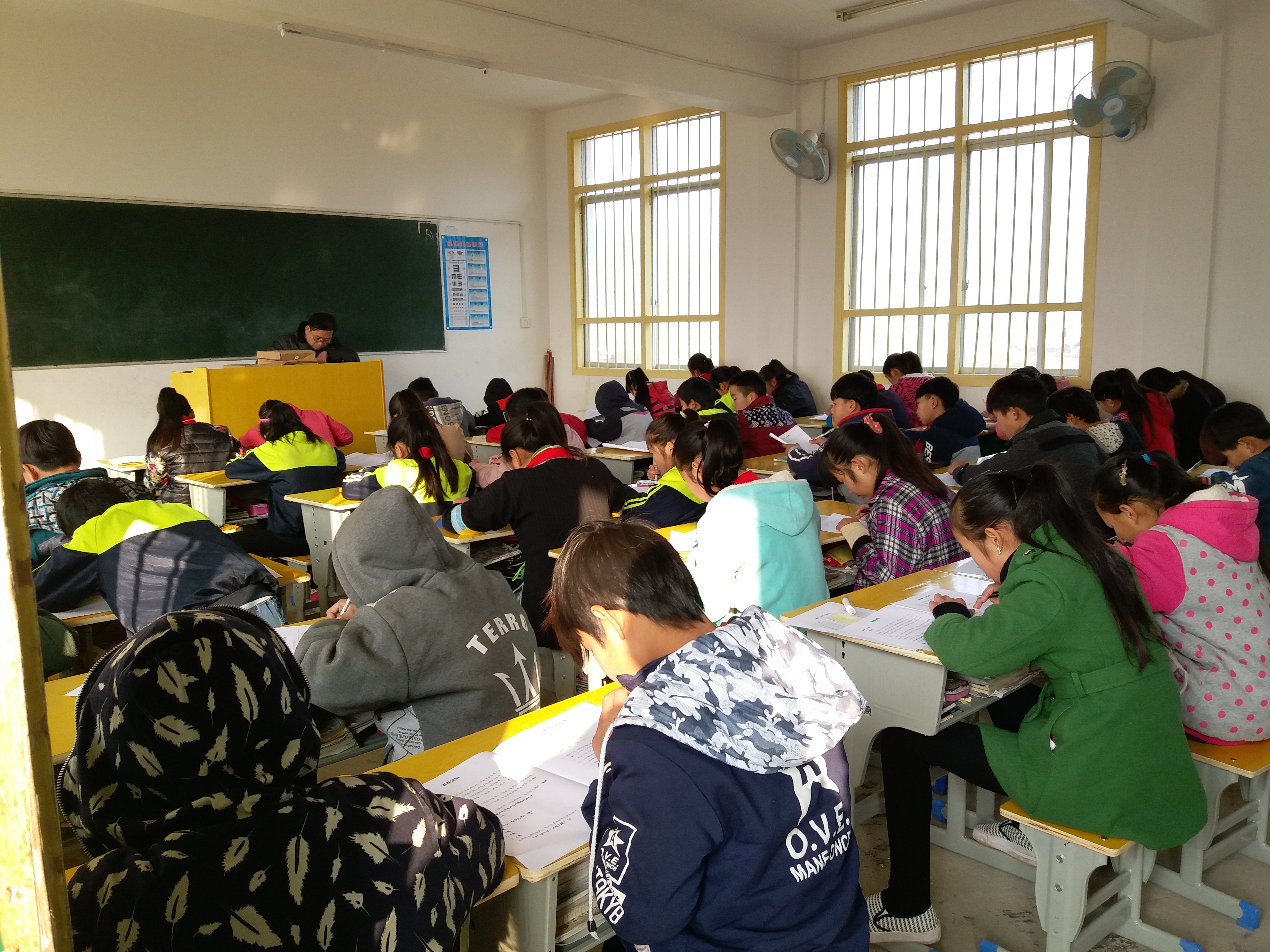Novice programmers
 I am participating in this project under Dr. Luc Paquette’s supervision. This project aims to
formalize a hybridized approach that combines knowledge elicitation
approaches and machine learning to build interpretable and robust
prediction models. This method will be applied to support the
development of novice programmers’ debugging skills. The data are from a
large introductory computer science (CS1) course, hosted on
PrairieLearn, a web-based problem-driven learning system. I am
responsible for writing codes to extract relevant features from
students’ submissions to programming questions, assisting Dr. Paquette
in conducting interviews to elicitating experts’ (e.g., instructors and
TAs) knowledge about novices’ debugging behaviors, and building the
prediction model.
I am participating in this project under Dr. Luc Paquette’s supervision. This project aims to
formalize a hybridized approach that combines knowledge elicitation
approaches and machine learning to build interpretable and robust
prediction models. This method will be applied to support the
development of novice programmers’ debugging skills. The data are from a
large introductory computer science (CS1) course, hosted on
PrairieLearn, a web-based problem-driven learning system. I am
responsible for writing codes to extract relevant features from
students’ submissions to programming questions, assisting Dr. Paquette
in conducting interviews to elicitating experts’ (e.g., instructors and
TAs) knowledge about novices’ debugging behaviors, and building the
prediction model.
Self-regulated Learning and Affect
 I participated in this project under Dr. Luc Paquette’s supervision. It
investigates the link between affect and self-regulated learning in the
context of Betty’s Brain, a computer-based science learning
environment. One study that I have conducted examined the association
between confusion and metacognitive strategies (MS), skills for
regulating cognition. Another research I did is about the role of
difficulty and familiarity feelings toward the task in Betty’s Brain.
Knowing how these feelings influence learning behaviors may help us
design more personalized intervention for students. Overall, I hope to
obtain deeper understanding about the interaction between affect and
strategic learning behavior in digital learning environments.
I participated in this project under Dr. Luc Paquette’s supervision. It
investigates the link between affect and self-regulated learning in the
context of Betty’s Brain, a computer-based science learning
environment. One study that I have conducted examined the association
between confusion and metacognitive strategies (MS), skills for
regulating cognition. Another research I did is about the role of
difficulty and familiarity feelings toward the task in Betty’s Brain.
Knowing how these feelings influence learning behaviors may help us
design more personalized intervention for students. Overall, I hope to
obtain deeper understanding about the interaction between affect and
strategic learning behavior in digital learning environments.
Response Styles

This project is my master thesis. Response styles refer to the
tendency to select specific categories of a rating scale. The most
common types of response styles include acquiescence response style,
disacquiescence response style, extreme response style and midpoint
response style (see the picture in the right). They can cause subjects’
response to rating scales biased. My thesis investigated how the extreme
response style might influence the statistical analyses and compared
methods for controlling its undesirable impact.
Assessment for Child-Friendly Schools in rural China

The Assessment of Children’s Learning and Development in Child-Friendly Schools, which is sponsored by the
United Nations Children’s Fund, aims to evaluate the effectiveness of
Child-Friendly Schools program. I participated the first round of
evaluation, undertaking most of the work related to data analysis, such
as exploring the factors related to students’ academic performance
through hierarchical linear models and linking students’ achievement
test scores to a national scale via test equating techniques.
Yingbin Zhang